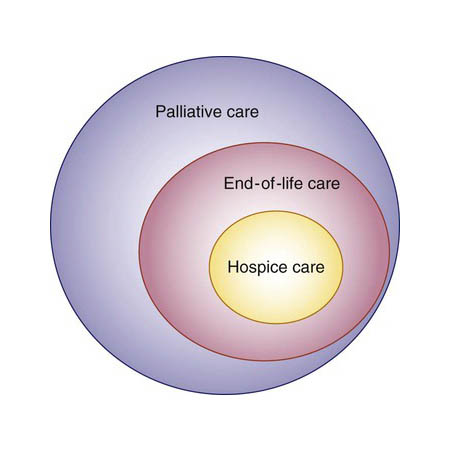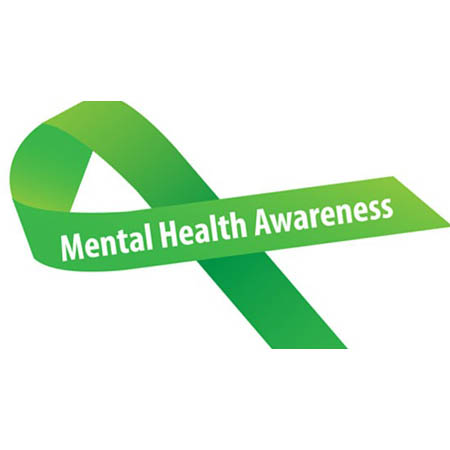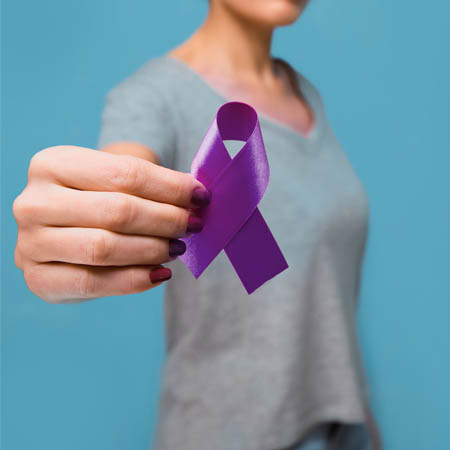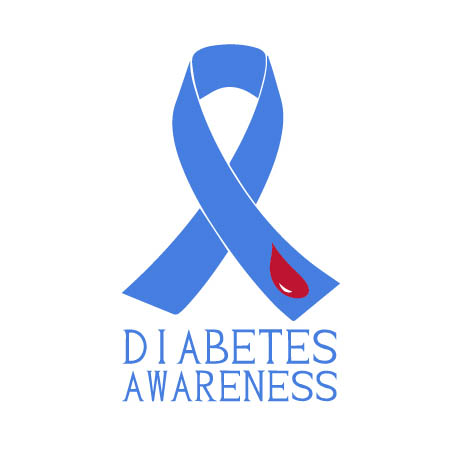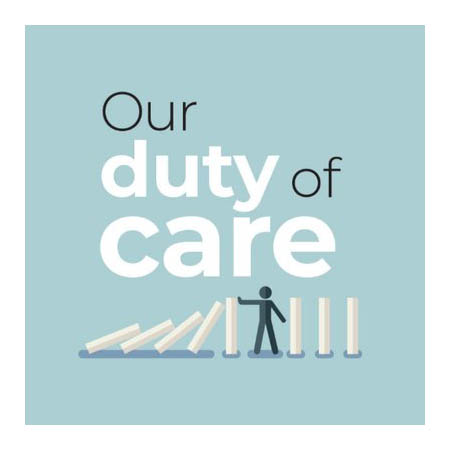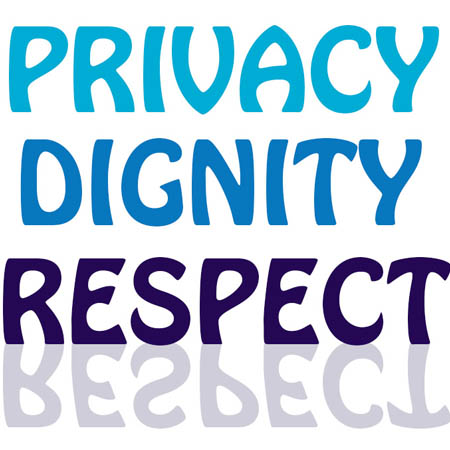Palliative and End of Life Care
About this course
This versatile and flexible postgraduate Palliative and End of Life Care online learning course will enhance your practise in supportive, palliative, and end-of-life care.
All health and social care professionals who work with people who have chronic, advanced, or life-threatening diseases,5 stages of palliative care should take this course.
The elearning programme End-of-life care for all (e-ELCA) aims to improve health and social care workforce training and education so that well-informed,Caring for patients, high-quality care may be delivered by confident and competent employees and volunteers to support people wherever they are.
Created for your needs
COURSE OUTLINE
The main features you’ll cover in this Online Palliative and End of Life Care training with certificate are:
- Definitions of Palliative and End of Life Care
- Communication skills
- Advance Care Planning
- Spirituality
- Recognising dying
- Symptoms at the end of life
- Nutrition and Hydration
- Care after death
- Overview of Palliative Care Emergencies
- Reflection
Providing relevant knowledge and skills
LEARNING OUTCOMES
After completing this end of life care vs palliative care online by Verrolyne training, learners must know and understand the following learning outcomes:
- Define palliative and end of life care and make links with their current clinical role
- Demonstrate enhanced communication techniques which will assist them in managing difficult/sensitive discussions related to death and dying
- Describe the key elements of advance care planning and understand the legal and ethical considerations
- Understand the significance of assessing spiritual needs to promote holistic care
- List the common signs which indicate a patient is actively dying
- Increase knowledge in relation to assessment of the 5 most common symptoms at the end of life and the non-pharmacological and pharmacological management of these
- Analyse the benefit/burden of nutrition and hydration (including clinically assisted N&H) in the dying patient
- List own responsibilities in relation to promoting dignified care after death
- Understand the signs of 4 common palliative care emergencies and how to manage these effectively
- Reflect on own practice and identify learning which will assist in implementing change within their clinical setting
HOW TO TAKE THIS COURSE?
- Video tutorials guiding you through every aspect of every treatment.
- Easy to follow downloadable eBooks in units, designed to enhance your progressive learning techniques
- Easy online learning via your mobile, tablet and pc
- Full support and guidance from working professionals

